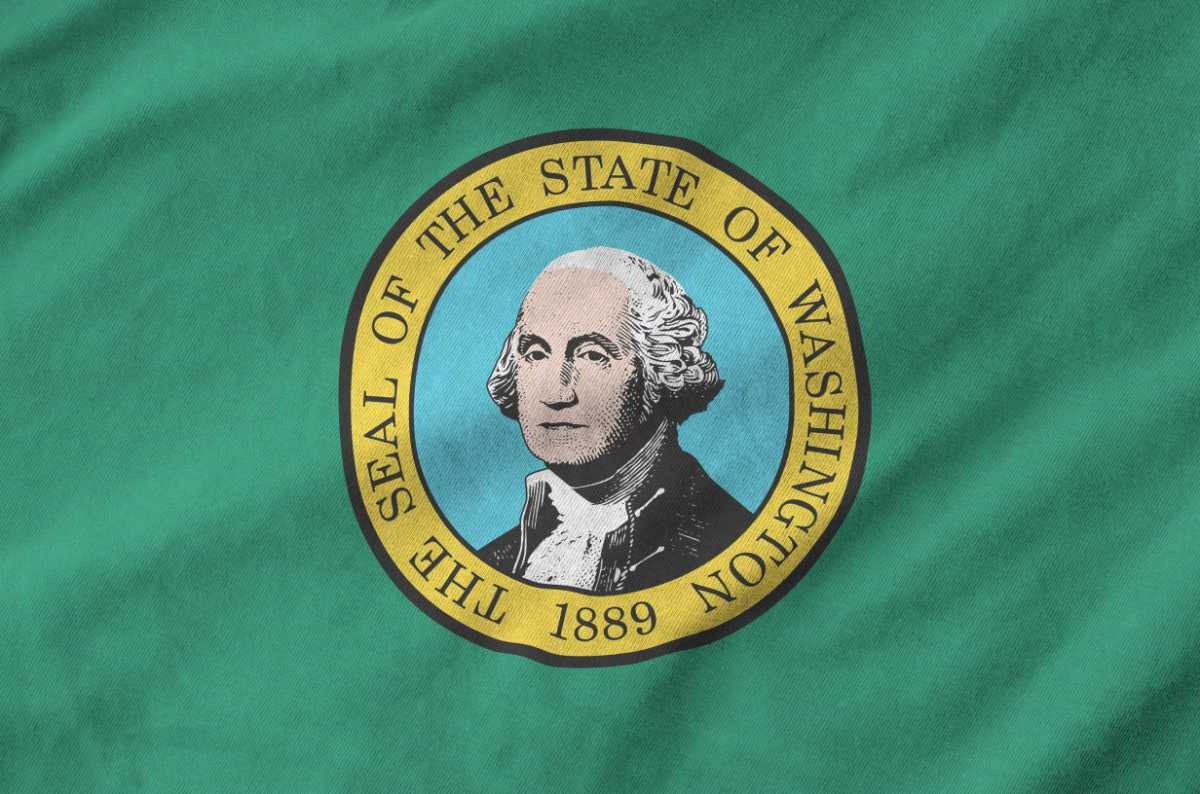Cannabis Packaging Guidelines in Washington State: A Complete Guide
Washington State, as one of the first states to legalize recreational cannabis in 2012, has established a well-defined set of packaging and labeling requirements for cannabis products. These regulations, enforced by the Washington State Liquor and Cannabis Board (WSLCB), aim to ensure product safety, prevent access by minors, and provide consumers with clear, accurate information. For cannabis businesses in Washington, understanding and adhering to these guidelines is essential for legal compliance and brand credibility.
General Packaging Requirements
Cannabis packaging in Washington must meet several core requirements:
- Child-Resistant Packaging
All cannabis products must be packaged in child-resistant containers as defined by federal standards under the Poison Prevention Packaging Act. This prevents unintended access by children and protects public safety. - Opaque and Tamper-Evident Features
Edible cannabis products must be packaged in opaque containers to reduce appeal to minors. Additionally, all packaging must include tamper-evident features, ensuring that consumers can identify if a product has been opened or altered. - Resealable Packaging for Multi-Use Products
Products intended for multiple uses, such as flower or concentrates, must be housed in resealable packaging. This ensures the product remains secure and maintains quality over time. - No Appeal to Children
Packaging must avoid designs, shapes, or branding that could attract children. Prohibited elements include cartoons, bright colors that mimic candy or snacks, and language that appeals to minors.
Labeling Requirements
Labels on cannabis products in Washington must provide consumers with clear, comprehensive information about the product. Specific requirements include:
- Universal Symbol for Cannabis
The state mandates that all cannabis products display the universal cannabis symbol. This symbol alerts consumers to the presence of THC and reinforces that the product is intended for adult use only. - Product Information
Labels must clearly state the product type, such as “flower,” “edible,” “concentrate,” or “tincture.” For edibles, servings must be delineated with no more than 10 milligrams of THC per serving and no more than 100 milligrams per package. - THC and CBD Content
Products must list the total THC and CBD content, as well as the concentration per serving and per package. Accurate potency information helps consumers make informed decisions. - Health and Safety Warnings
Required warnings include:- “This product has intoxicating effects and may be habit-forming.”
- “For use only by adults 21 years and older. Keep out of reach of children.”
- Warnings about potential health risks for pregnant or breastfeeding women.
- Ingredient List and Allergen Information
Edibles must include a full list of ingredients and highlight any potential allergens, such as nuts or dairy. This ensures transparency and helps protect consumers with dietary restrictions or allergies. - Batch and Lot Identification
Each product must include batch or lot numbers for traceability. This information facilitates product recalls and ensures accountability. - Testing Results
Labels must indicate that the product has passed state-mandated quality assurance testing for pesticides, contaminants, and potency. This information may also be accessible via QR codes on the packaging. - State Tracking System Identifier
All products must include a unique identifier from Washington’s traceability system to track cannabis from seed to sale.
Sustainability in Packaging
Washington encourages businesses to adopt sustainable practices, though these are not legally mandated. Many cannabis companies are switching to biodegradable materials, recyclable plastics, and reusable containers to appeal to environmentally conscious consumers. Incorporating eco-friendly packaging can also enhance a brand’s reputation and align with Washington’s commitment to environmental stewardship.
Prohibited Practices
To ensure compliance, cannabis businesses in Washington must avoid specific packaging and labeling practices:
- Using deceptive or unproven health claims, such as curing or treating diseases.
- Mimicking the appearance of non-cannabis commercial products, like candies or soft drinks.
- Misleading consumers with false information about potency or testing results.
Penalties for Noncompliance
Failure to comply with Washington’s cannabis packaging and labeling requirements can result in severe penalties, including:
- Monetary fines.
- Product recalls.
- Suspension or revocation of licenses.
- Damage to brand reputation.
Businesses must maintain rigorous internal quality control processes to avoid these repercussions.
Best Practices for Compliance
- Work with Experts
Partner with experienced packaging suppliers who understand Washington’s cannabis regulations. This reduces the risk of noncompliance and ensures quality. - Stay Informed
Regularly review updates from the WSLCB to remain current with evolving guidelines and industry standards. - Conduct Pre-Market Reviews
Before launching a product, ensure all packaging and labeling have been reviewed by compliance experts to avoid costly mistakes.
Washington State’s cannabis packaging and labeling requirements are designed to balance safety, consumer education, and industry growth. By adhering to these guidelines, cannabis businesses can build trust with consumers, avoid legal issues, and contribute to a responsible and sustainable industry. Staying compliant is not only a regulatory necessity but also an opportunity to demonstrate professionalism and commitment to quality in one of the nation’s most mature cannabis markets.




